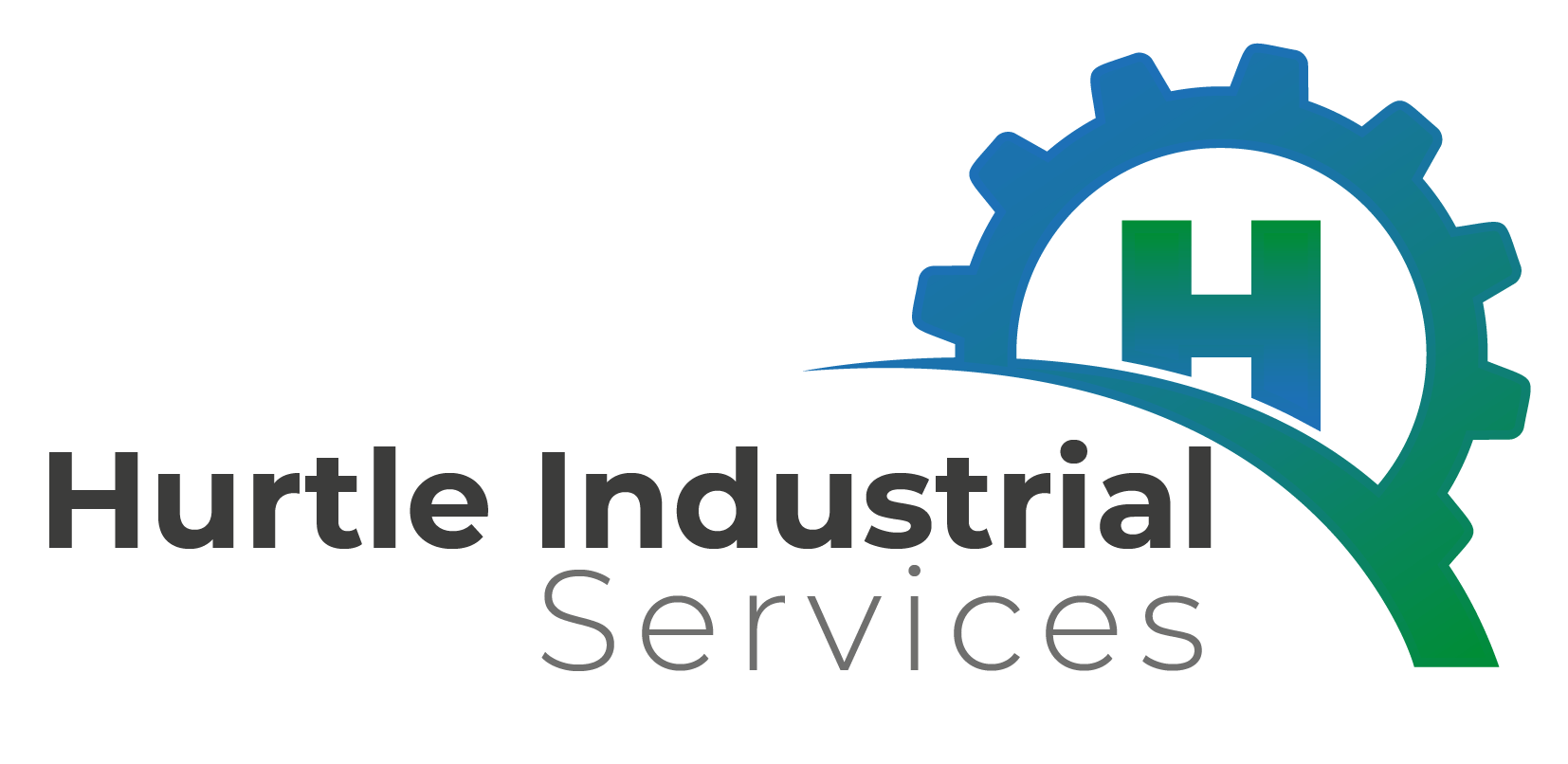Services
Fasteners
Hurtle Industrial Services deals with a vast variety of distinctive and top-grade fasteners from our international partners exclusively for our Middle Eastern clients. We deal in all types of screws, nuts, and bolts including a vast range of standards, for instance, ASTM Standards, British Standards, ISO, SAE, JIS, and DIN standards. We stock an exhaustive variety of Studbolt Fastener kits to cater to the needs of construction as well as manufacturing markets of the Middle East as well as Bahrain. We provide warehousing and logistics assistance for our clients of the Gulf region. Hurtle Industrial Services provide state-of-the-art solutions to our clients. We supply several types of coated fasteners according to the requirements of our customers. Our product line comprises the categories detailed below.
Plating & Coating
It is recommended that high-tensile fasteners are coated for use in Petrochemical or offshore applications; it both benefits the installation and maintenance.
Quality Assurance
Quality Excellence is primarily achieved by use of right Equipment. Experience and expertise. Fortunately, we at Hurtle Bahrain Industries have them all, in ample measure.
Applications
Hurtle Bahrain Industries strives to meet your specific needs so you can compete in the fastener industry. We offer a wide range of services that add value to your company.
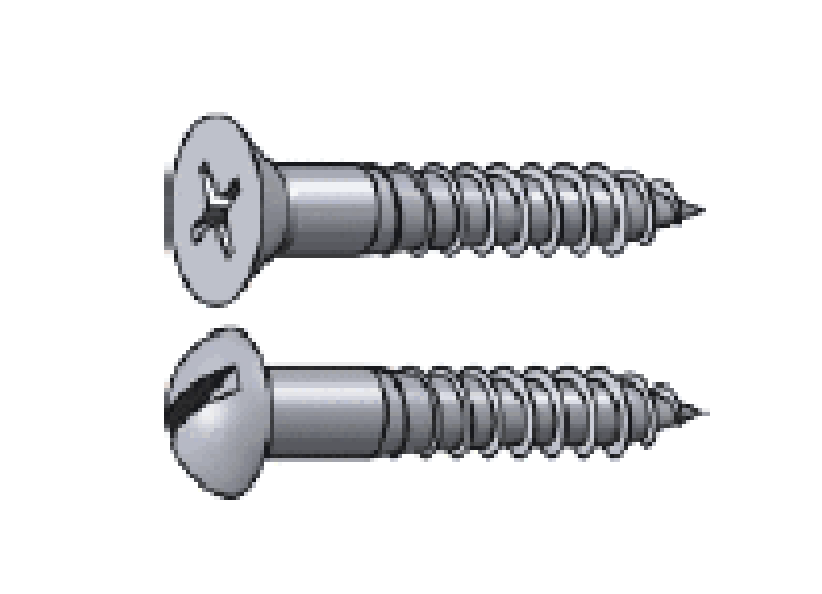
Wood Screws
Screws with a smooth shank and tapered point for use in wood. Abbreviated WS
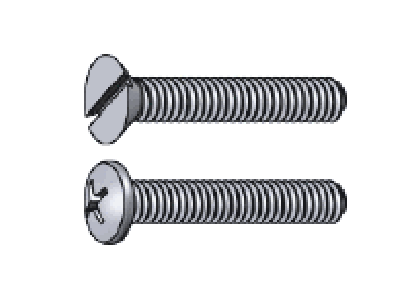
Machine Screws
Screws with threads for use with a nut or tapped hole. Abbreviated MS
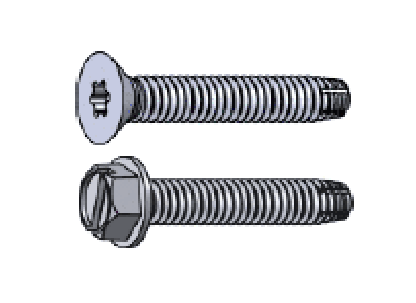
Thread Cutting
Machine screws with a thread cutting (self tapping) point.
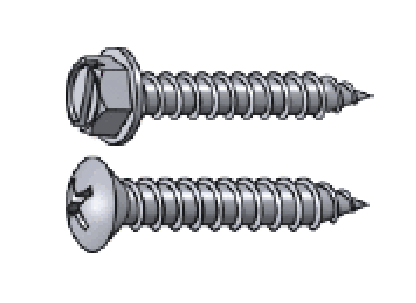
Sheet Metal Screws
Fully threaded screws with a point for use in sheet metaL Abbreviated SMS
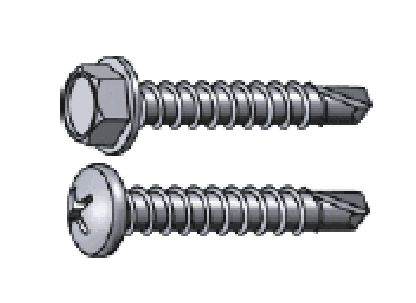
Self Drilling SMS
A sheet metal screw with a self drilling point.
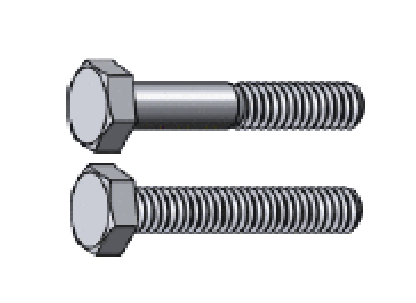
Hex Bolts
Bolts with a hexagonal head with threads for use with a nut or tapped hole. Abbreviated HHMB or HXBT.
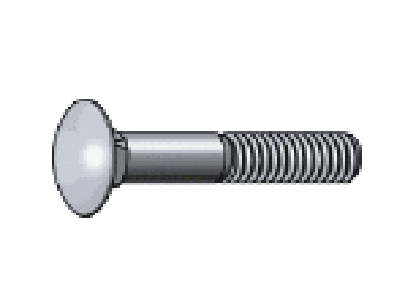
Carriage Bolts
Bolts with a smooth rounded head that has a small square section underneath.
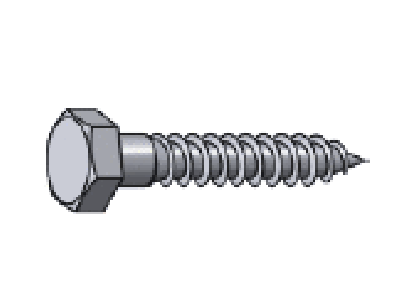
Lag Bolts
Bolts with a wood thread and pointed tip. Abbreviated Lag.
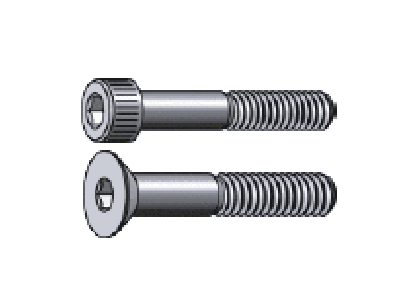
Socket Screws
Socket screws, also known as Allen Head, are fastened with a hex Allen wrench.
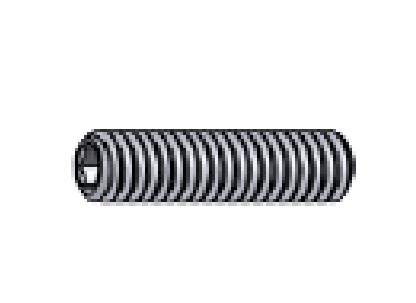
Set Screws
Machine screws with no head for screwing all the way into threaded holes.
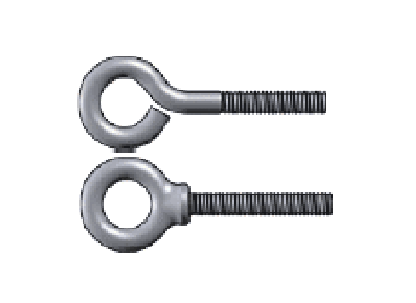
Eye Bolts
A bolt with a circular ring on the head end. Used for attaching a rope or chain.
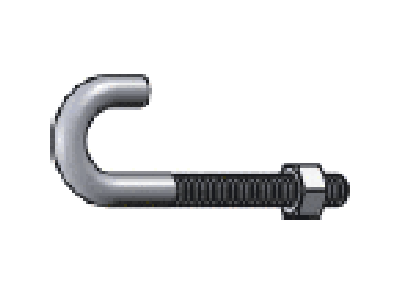
J-Bolts
J shaped bolts are used for tie-downs or as an open eye bolt
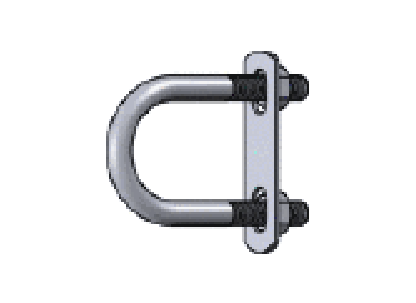
U-Bolts
Bolts in U shape for attaching to pipe or other round surfaces. Also available with a square bend
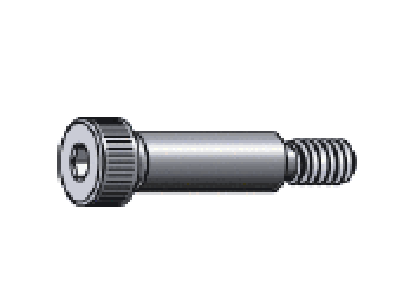
Shoulder Bolts
Shoulder bolts (also known as stripper bolts) are used to create a pivot point.
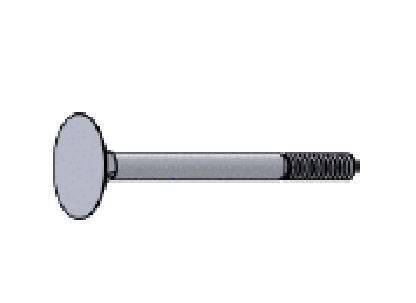
Elevator Bolts
Elevator bolts are often used in conveyor systems. They have a large, flat head.
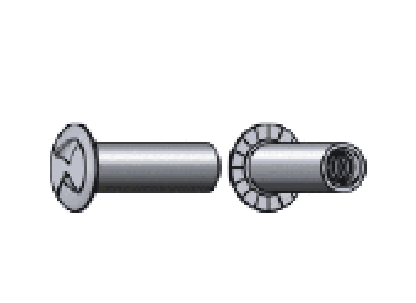
Sex Bolts
Sex bolts have a female thread and are used for through bolting applications where a head is desired on both sides of the joint.
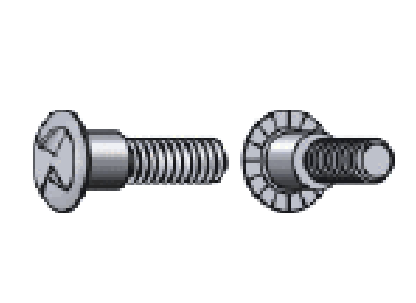
Mating Screws
Mating screws have a shoulder that matches the diameter of the sex bolts they are used with.
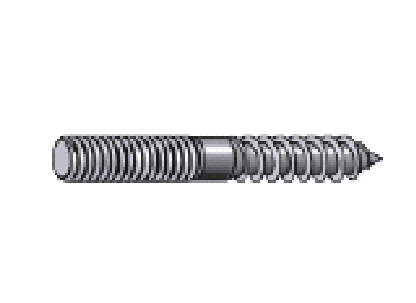
Hanger bolts
Hanger bolts have wood thread on one end and machine thread on the other end
Standards
Our Fasteners Standards
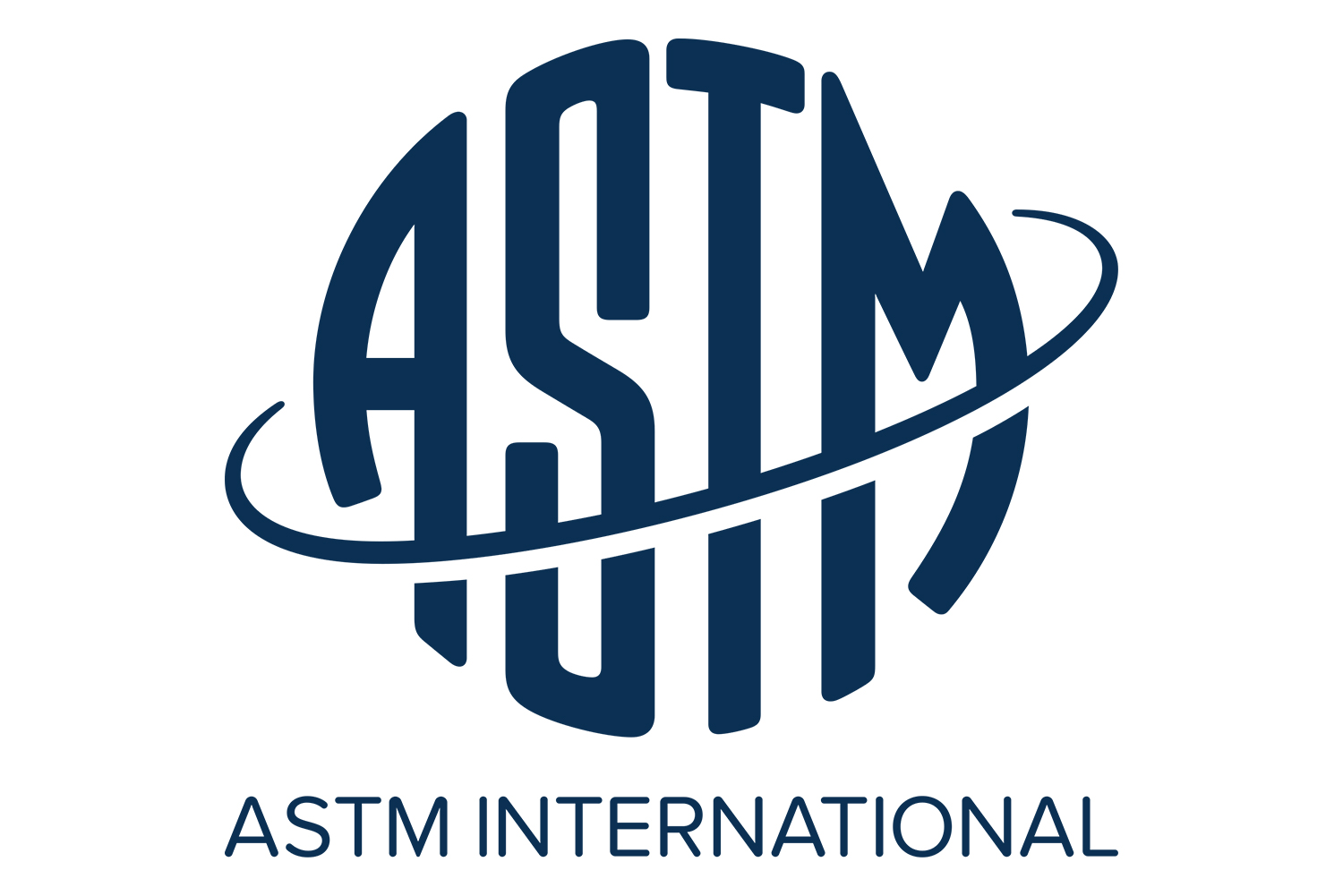
ASTM Standard
The (ASTM) American Society for Testing and Materials has developed different standard & specification for Bolt fasteners for variety of uses.
ASTM’s fastener standards are instrumental in specifying, testing, and evaluating the material, dimensional, mechanical, and metallurgical properties of the various forms of hardware fasteners. These fasteners are used to mechanically join or affix other hardware objects together, and come in many forms which include rivets, nuts, bolts, studs, screws, washers, eyebolts, nails, and threaded fasteners. These fastener standards allow hardware product manufacturers, as well as the end-users of such products, to examine and assess fasteners to ensure their strength and quality towards safe utilisation.
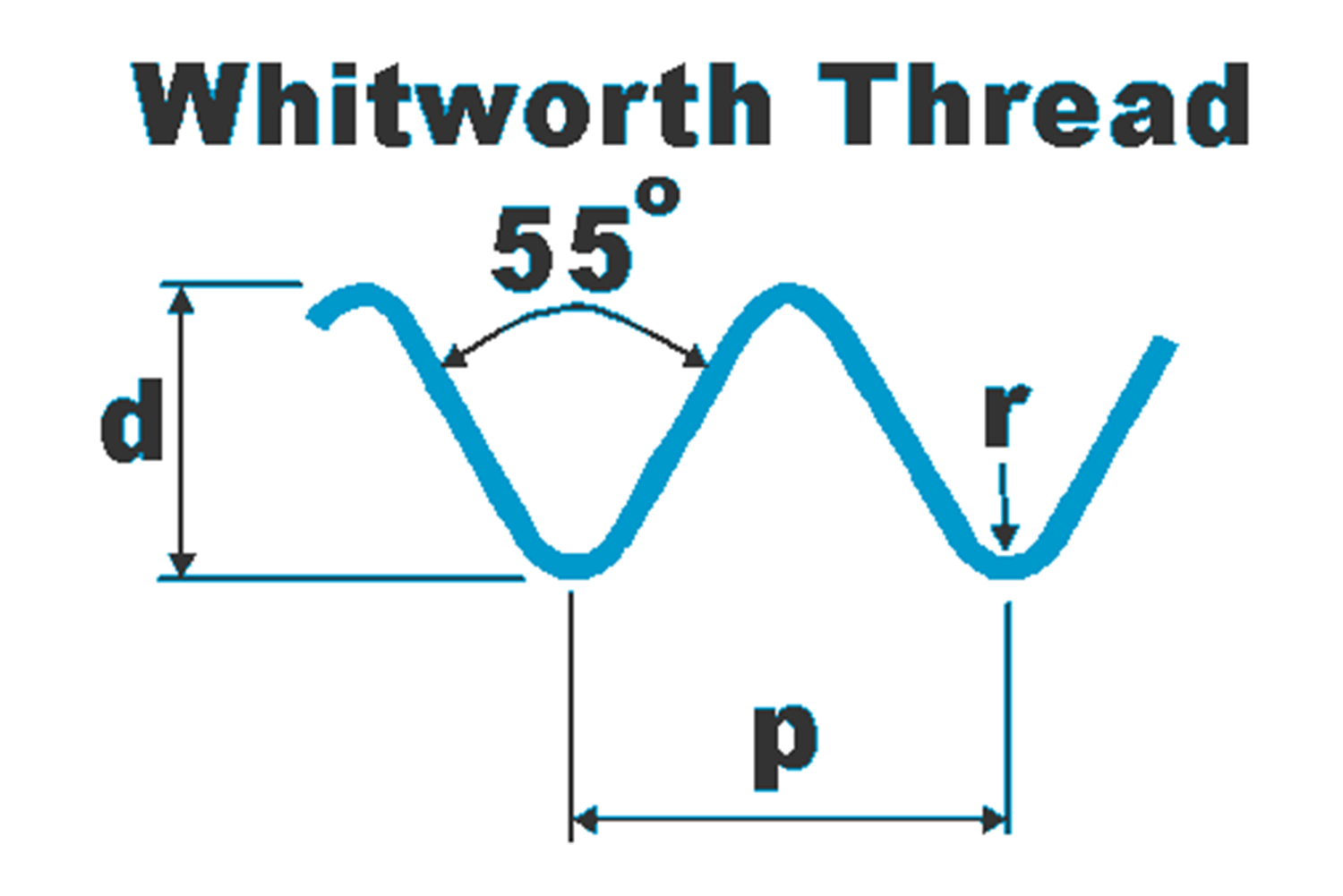
British Standard Whitworth
Sir Joseph Whitworth proposed this thread in 1841. This was the first standardised thread form. The form of the thread is shown in the diagram. The principal features of the British Standard Whitworth (BSW) thread form are that the angle between the thread flanks is 55 degrees and the thread has radii at both the roots and the crests of the thread.
The relevant standard for this thread form is the British Standard BS 84 – 2007. The thread form is now redundant and has been replaced by Unified and Metric threads but there are many applications in which it is still used. The British Standard Fine (BSF) thread has the same profile as the BSW thread form but was used when a finer pitch was required for a given diameter.
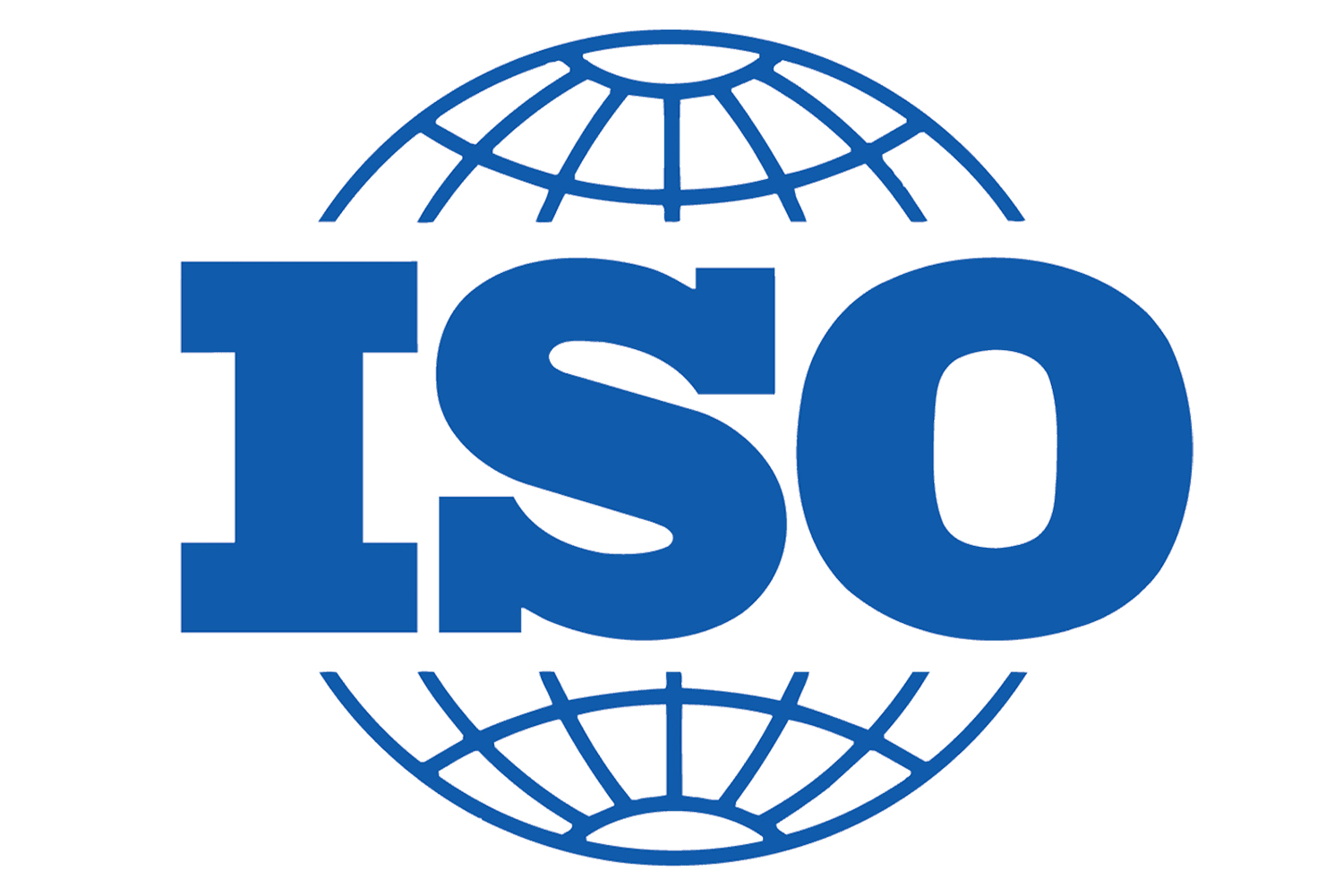
ISO Standard
The ISO metric screw threads are the most commonly used type of general-purpose screw thread worldwide.
They were one of the first international standards agreed when the International Organization for Standardization (ISO) was set up in 1947. The “M” designation for metric screws indicates the nominal outer diameter of the screw thread, in millimetres (e.g., an M6 screw has a nominal outer diameter of 6 millimetres).
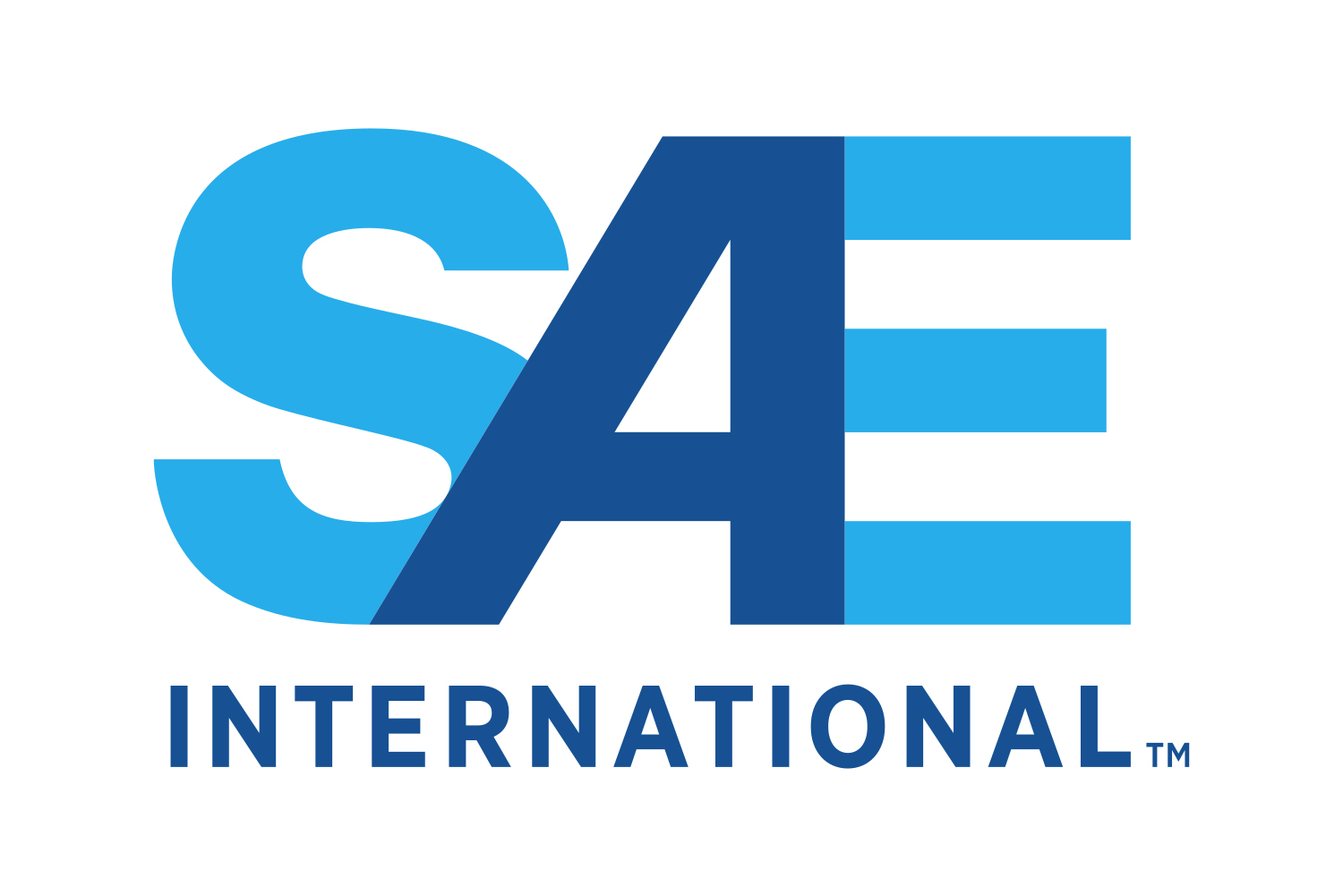
SAE Standard
The SAE has established a sequence of grades from 0 to 8 for steel bolts, on the basis of the metal from which the bolt is made and the manner of manufacture.
Available grades run from 2 to 8, with 8 the strongest. Higher grade numbers almost always mean increased strength (an exception is that some grade 6 bolts are stronger than grade 7). The heads of steel bolts are marked to identify their grade. Allen bolts usually exceed strength capacity of hexagonal bolts.
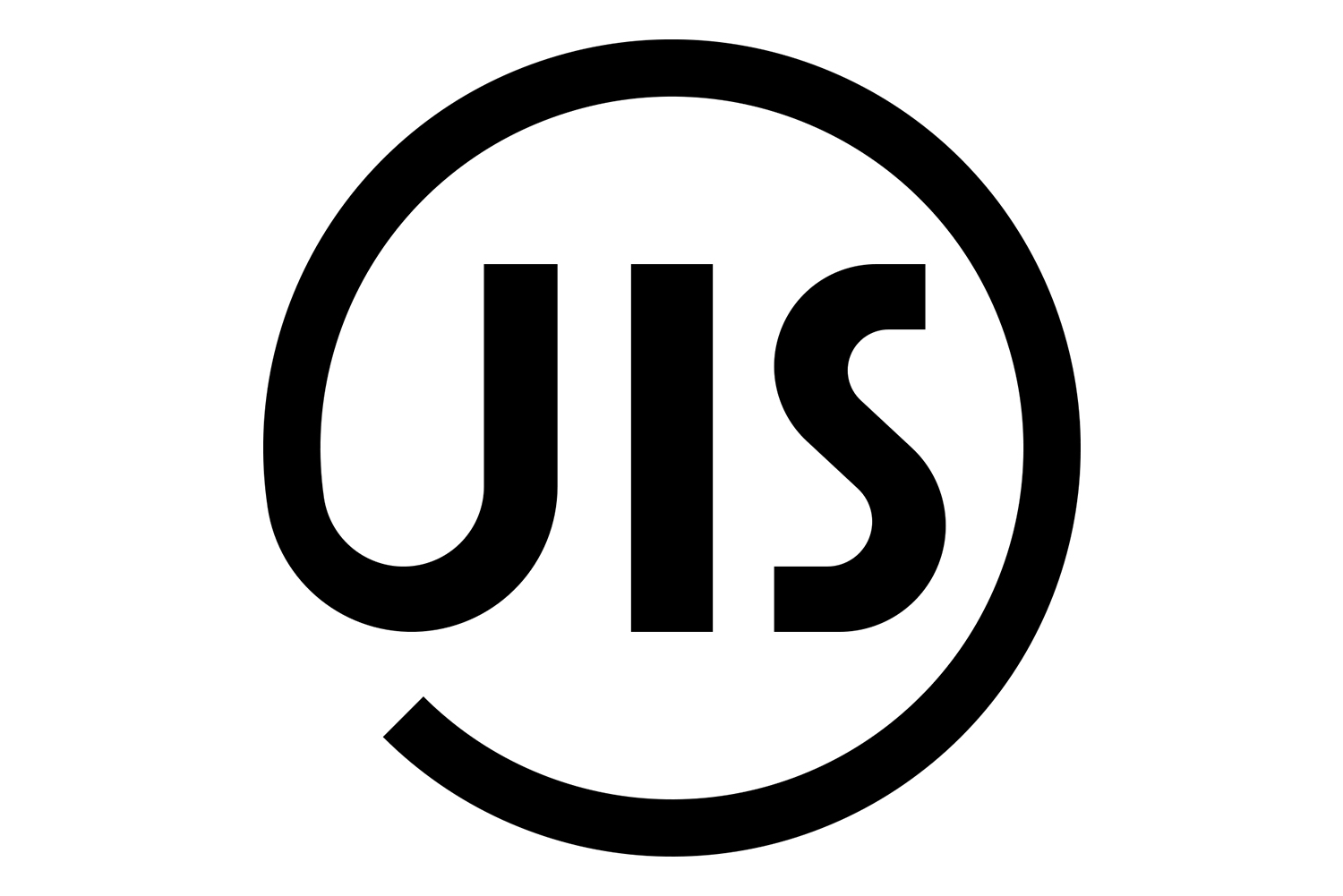
JIS Standard
The SAE has established a sequence of grades from 0 to 8 for steel bolts, on the basis of the metal from which the bolt is made and the manner of manufacture.
Available grades run from 2 to 8, with 8 the strongest. Higher grade numbers almost always mean increased strength (an exception is that some grade 6 bolts are stronger than grade 7). The heads of steel bolts are marked to identify their grade. Allen bolts usually exceed strength capacity of hexagonal bolts.
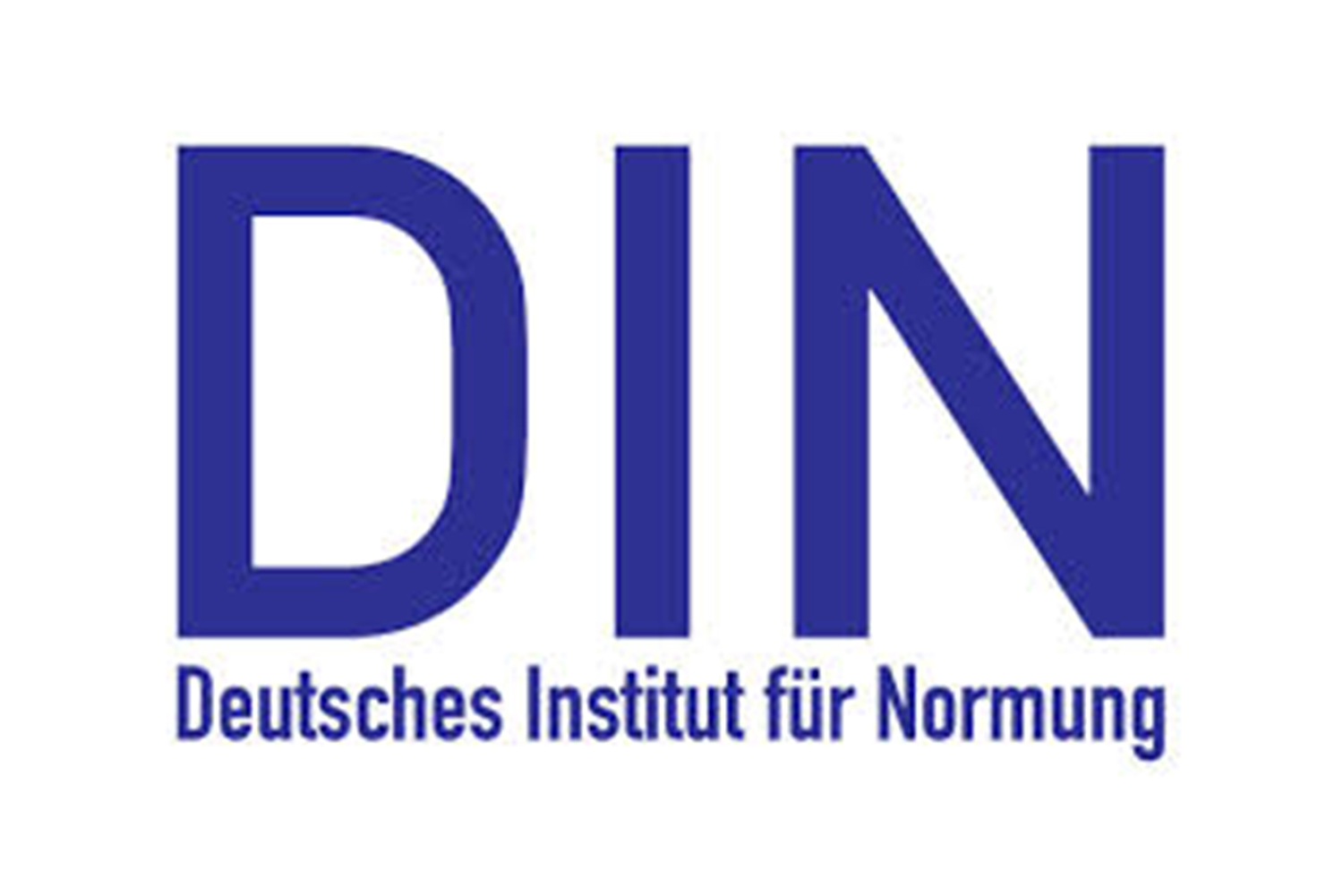
DIN Standard
DIN stands for “Deutsches Institut für Normung“, meaning “German institute for standardisation”. National standards (DIN) will be/have been largely replaced by international/European standards.
DIN standards are still valid for products having no ISO or EN standards. DIN standards that begin with “DIN V” (“Vornorm”, meaning “pre-issue”) are the result of standardization work, but because of certain reservations on the content or because of the divergent compared to a standard installation procedure of DIN, they are not yet published standards.
